David Rockefeller celebrated his 100th birthday on 12 June 2015 and died on 20 March 2017. Professor Michael Cox discusses the trials and tribulations facing one of the heirs to the Rockefeller fortune during his socially eventful, politically educational, and intellectually important year at LSE between 1937 and 1938.
LSE’s American connection
Many famous Americans have studied at the School over its 120 year life. Amongst some of the more celebrated one could easily include the sociologist Talcott Parsons who in the mid-1920s attended the lectures of Ginsberg, Laski and Malinowski before moving on to Heidelberg. One might also add Paul Sweezy who came here a few years later to work under Hayek but went home a Marxist after having read Trotsky’s History of the Russian Revolution! The African-American academic Ralph Bunche studied at the School in the second half of the 1930s (in Anthropology). He went on to do research for Gunar Myrdal and later worked for the UN in Palestine before being awarded a Nobel Prize for Peace in 1950. Paul Volcker, who became Chair of the Federal Reserve, studied at LSE in the early 1950s, though subsequently confessed that he rather “screwed up” his studies.
Even John F Kennedy spent some time at the School in the 1930s, though never completed his course of studies – largely due to illness. One of Kennedy’s contemporaries in London at the time was David Rockefeller – one of several heirs to the Rockefeller fortune (a very small part of which – just over $2million – helped support LSE in the inter-war period). To that degree, there was already a well established connection between the School and the Rockefeller family.

Preparing for LSE
David Rockefeller was an academically talented young man in his own right. Having initially graduated from Harvard in 1936 – where amongst other things he had written a senior dissertation dealing in part with the Webbs and the Fabians – he took another year up at “Cambridge Mass” in order to familiarise himself with economics. And it was economics that was to become his love. This in the end is what drew him to LSE, after having been initiated in the dark arts at Harvard by the brilliant and worldly wise Austrian, Joseph Schumpeter. However, like most things to do with the Rockefeller’s, nothing, it seems, was ever left to chance. Indeed, even before coming to the School David had taken advice from people at LSE about which courses to take at Harvard!
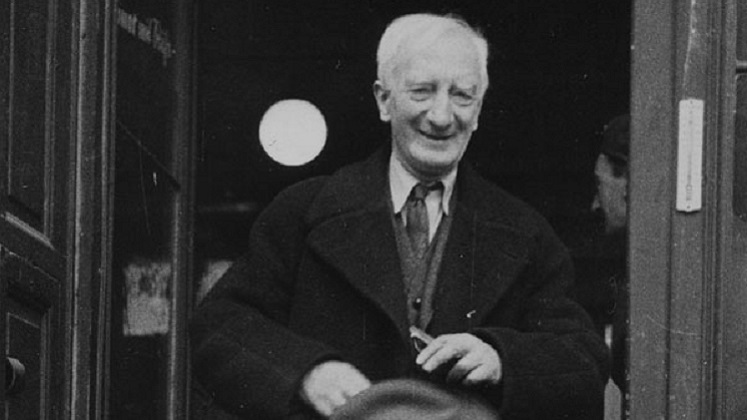
The Kennedys
It was not to be all work and no play when David Rockefeller arrived in London in the fall of 1937. His Memoirs speak at some length (though ever so discretely) about the great parties thrown by the Kennedy’s in London when the head of that famous family – the controversial Joe Kennedy – became Ambassador to the Court of St James. Joe later became a hate figure for suggesting that Germany was bound to win any coming war with Britain. But for a while Kennedy senior was the host of all hosts.
In fact, it was during his time at the School that the young Rockefeller first met two of the Kennedy offspring: John F Kennedy “an attractive sociable young man’”(whom he later worked for on Latin American matters after JFK became President); and his sister Kathleen whom David dated for a while and later described and remembers as being “pretty and vivacious”, not to mention “a great success” on the London social circuit. She later married William Cavendish, the Marquess of Hartington.
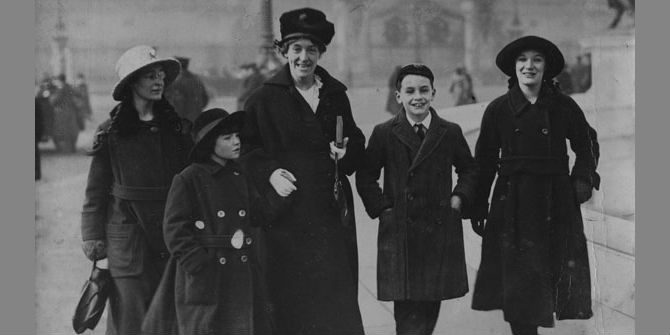
The Beveridges
LSE’s Director, William Beveridge, by all accounts went out of his way to look after the son of a family that had done so much to help LSE financially.
Beveridge even set the young Rockefeller up with some pretty swell accommodation. Even before leaving the US to come to LSE, Beveridge and the School Secretary Jessy Mair (later Mrs Janet Beveridge) had gone out of their way to look after his needs. Indeed, in the LSE archives there is a telegram from Jessy Mair offering Rockefeller the Director’s Temple Chambers no less (unfurnished) until 24 June 1938 for £168 plus water rates. The very powerful and none too popular Mair even wrote to the Temple Treasury to ease the letting of the flat – making it known that he was John D Rockefeller Jr’s son!
David was clearly very pleased. The “Beveridge apartment” as he called it “sounds wonderful”. It certainly was, though he confessed that while it was just fantastic living in an Elizabethan apartment (one of the few that had survived the Great Fire of London) “the flat was quite small”. However, there were compensations. The apartment was only a few minutes away from LSE. And Sir William had been good enough to leave him “his” laundress Leily, who appears to have done most of the cooking and all of the housework. Not the typical student experience!
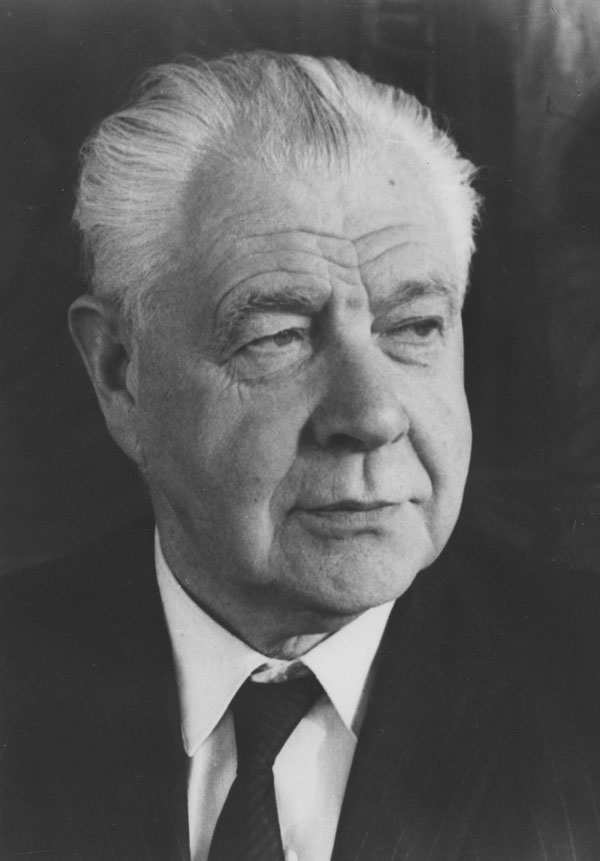
Laski, Hayek and Robbins
David was never backward in passing comment on the School and its leading lights. Like a true blue Rockefeller he was (of course) a Republican. However, he always claimed that he was of the moderate variety. But one LSE individual he remembers only too well is the charismatic Professor of Government, the left-wing Harold Laski. Laski was everything he was cracked up to be by both admirers and critics alike: the true “pied piper of the left”, he notes, who exercised an enormous (and in Rockefeller’s opinion a none too healthy influence) on the student body in general and the many Indian students in particular. Clearly David was not impressed with either the man or his politics. Laski may have been a popular teacher he records. But his lectures, he concludes sourly, were more “propaganda than pedagogy”.
But if Laski was not to his taste, the Economics department most definitely was. “The economists at the LSE were much more conservative than the rest of faculty” he observes without a hint of irony. Two economists exerted the most influence upon him. The first was yet another Austrian, Friedrich Hayek: “indisputably brilliant” but a poor lecturer and a very poor writer, “almost impossible to read” he later observed. The second was one of the really big beasts of the School, the enormously influential and charismatic Lionel Robbins. Robbins, David admits, was not only his “favorite teacher”, but someone with whom he remained in close contact right up until Robbins’s death in 1984. And it was Robbins who suggested that Hayek should supervise his work. The young Rockefeller clearly impressed Hayek who later reported that David was “a man of considerable ability and industry, with good judgement and an acute interest in his subject”. David even wrote a thesis under Hayek while at LSE critiquing “underconsumption theory” (a veiled attack on Keynes no doubt).
Robbins and Hayek not only supported Rockefeller at LSE, they also guided him in the next stage of his academic career by recommending he attend the University of Chicago (an institution in large part founded by Rockefeller money anyway). Robbins also urged him to study under his friend Frank Knight, an economic critic of the American New Deal. But once more, nothing seems to have been left to chance. As Rockefeller notes in his autobiography, even before leaving the School – and because of advice offered him by Hayek – he already had a “general idea” of what his thesis topic would be (as it turns out, on “the idea of economic waste”).
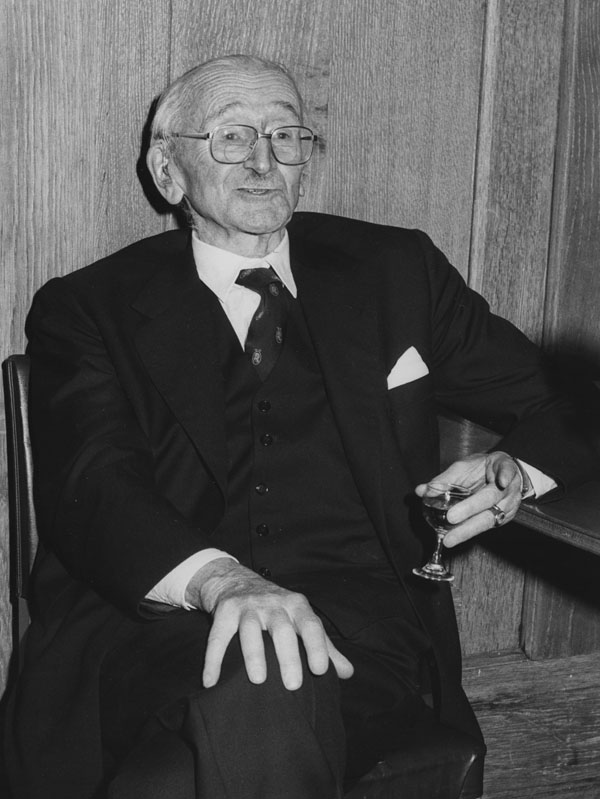
Years of transition
1937-1938 were also years of transition at the School. The by now isolated Beveridge was about to exit the School to take up a position in Oxford. Still, he was keen to ensure that his imminent, and most welcome, departure did not deter David from coming. He even went so far as to pen a note to John D Rockefeller, David’s father, to reassure him that his leaving for quieter (and less enervating!) pastures would not impact on David’s reception at LSE.
Whether this helped David or not remains a moot question. As he rather poignantly confessed, though Beveridge had done everything in his power to make his stay a comfortable one, perhaps he had done too much. As he later noted, his close association with the rather sad figure of LSE’s most significant Director was viewed with some suspicion by a number of people at the School! “It was not the last time” in his life, he recalls somewhat plaintively, “that he would encounter suspicion because of the privileged or controversial company” he “kept”.
Professor Cox contributed to The history of the Rockefeller family by Elizabeth Matsangou for World Finance. This blog post was produced with additional research by Sue Donnelly (LSE Archivist).
This post was published during LSE’s 120th anniversary celebrations
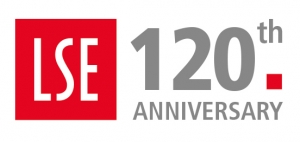


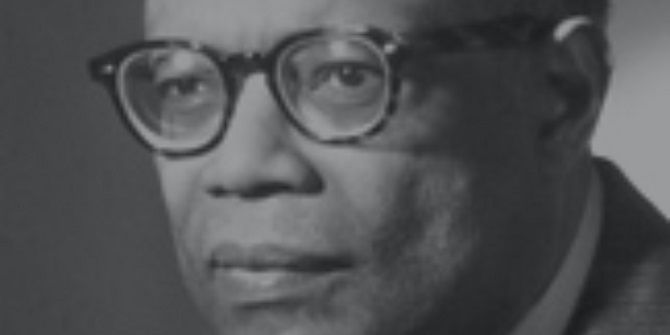
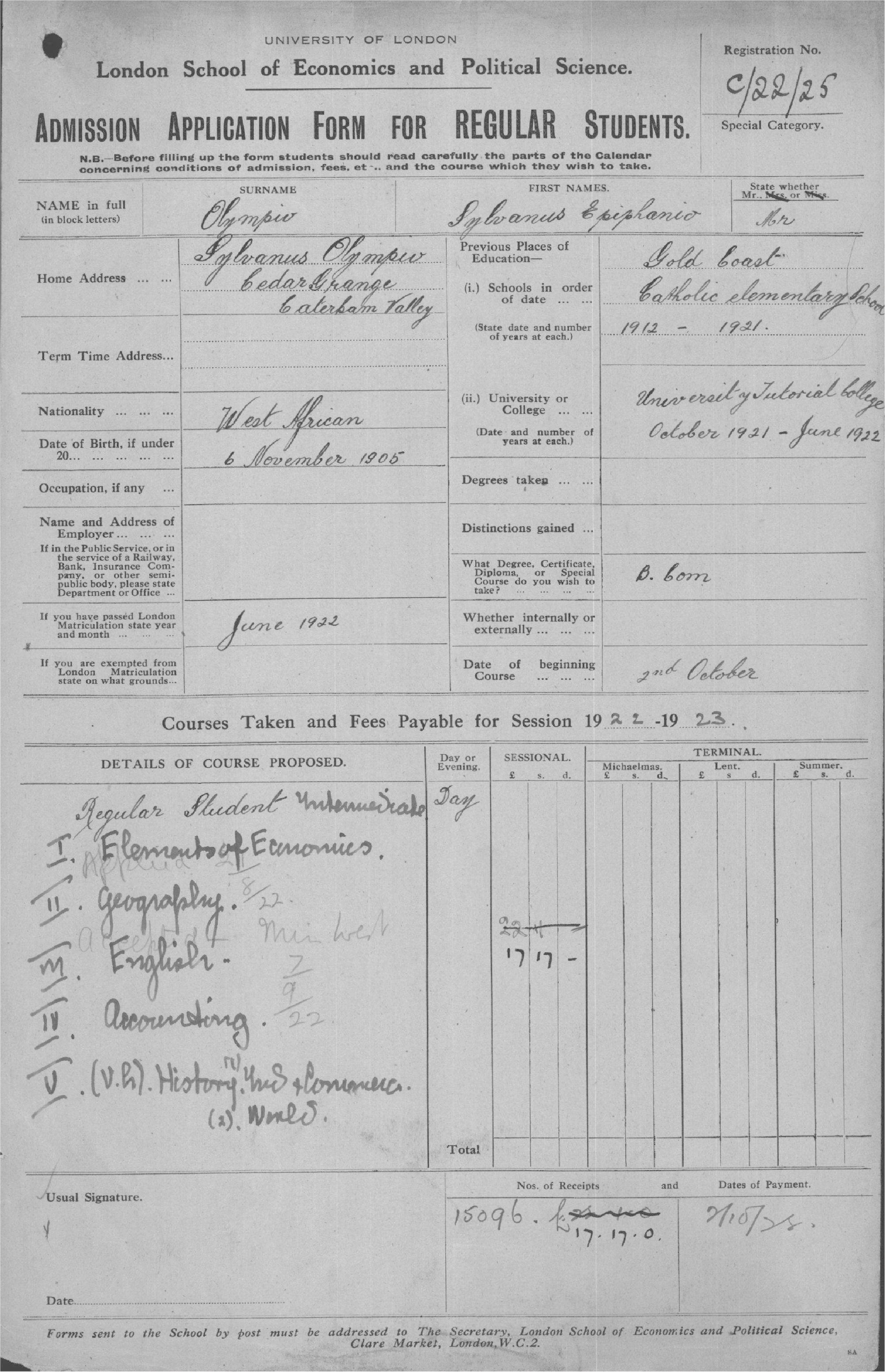
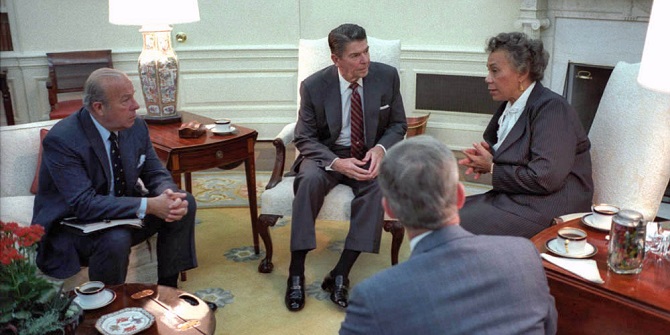
2 Comments